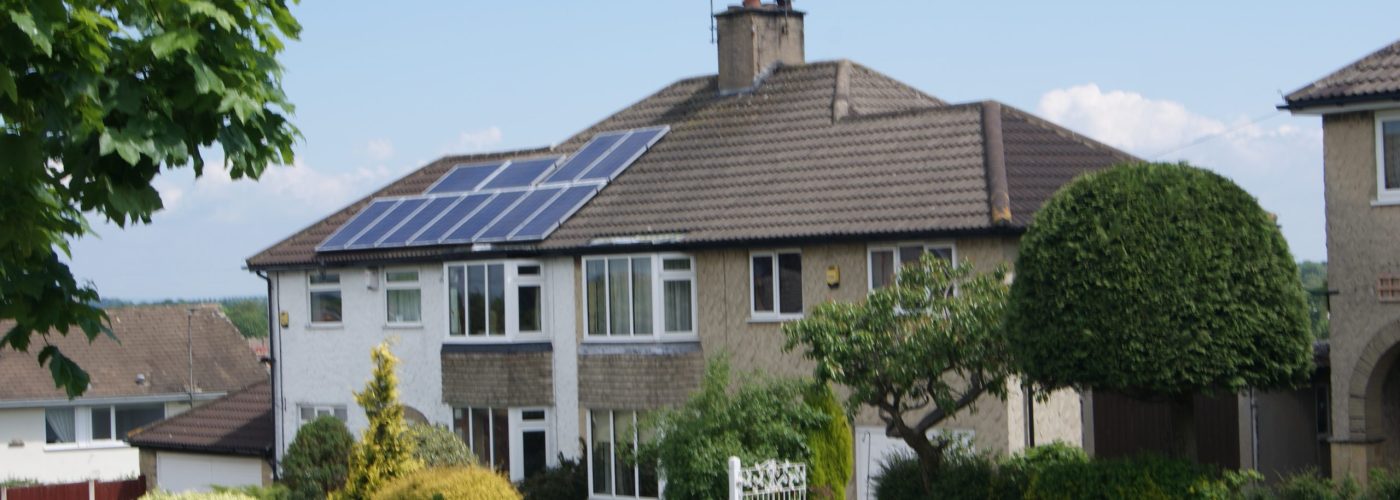Environmental efficiencies and core areas of sustainability are of increasing import, both from a social and commercial perspective. Yet, within the realm of property, where considerable energy savings and efficiencies can be seen, where does the responsibility truly lie?
Increasingly, new homes are indeed being developed with environmental concerns in mind, which certainly does paint a good picture for the future of the housing sector, yet, notable is the lack of efficiencies that can be seen across older properties, as well as a concerning deficit in the number of homes (as a proportion) which incorporate local power generation.
As has been previously highlighted, one of the core areas within which improvements can be made from an energy perspective is through renewable generation techniques, primarily solar. Yet, while Germany has shown great example within Europe for progress in the realm of renewable energy generation and similar plans, thus far, it is concerning to see that the UK simply hasn’t achieved anywhere near as much success. But why is this?
Previously, even with the Green Deal in existence, numerous industry contractors had reported a concerning lack of interest in pursuing home energy improvements, and now without even that provision available, incentivisation for sustainable techniques now seemingly all boils down to the conscience of the homeowner, or renter; but should it?
Especially in the case of rented properties, concerns can, and have been raised as to the viability of installing renewable energy generation mediums such as solar PV, yet it is also something increasingly seen as a step in the right direction from a social perspective. And while it has recently been announced that tenants can indeed petition their respective landlords for permission to make sure improvements to their properties, the question could be raised – is this truly the responsibility of the tenant alone, or should responsibility fall on the landlord, or both parties together?





